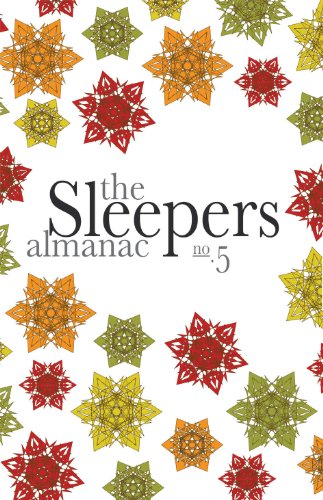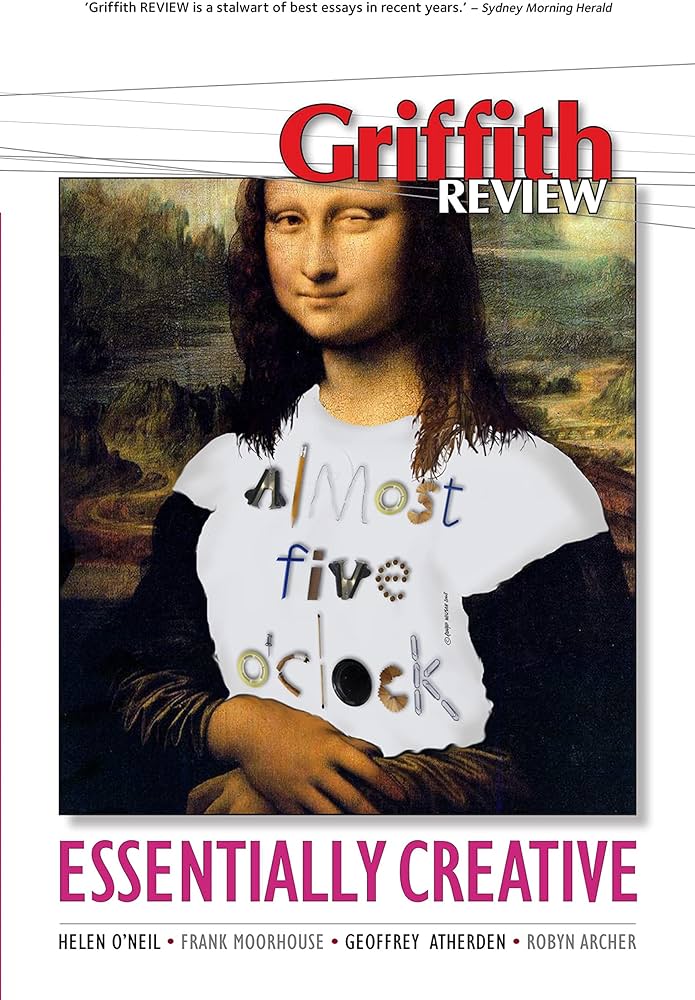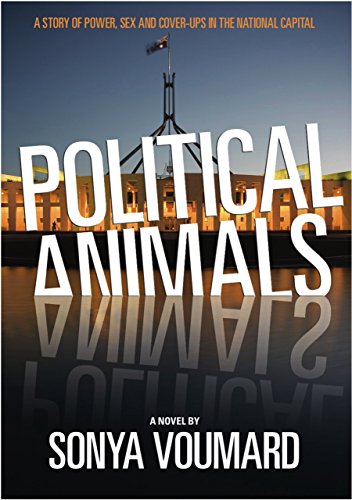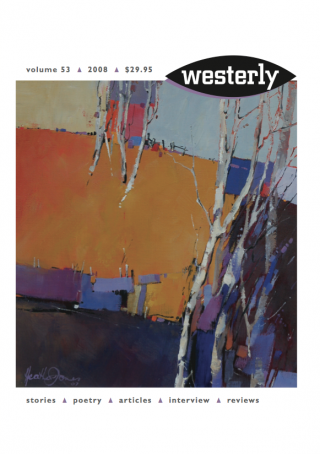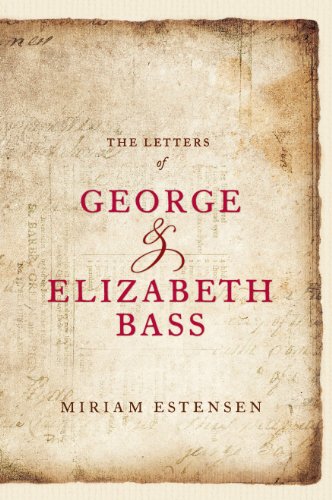Archive
Film | Theatre | Art | Opera | Music | Television | Festivals
Welcome to ABR Arts, home to some of Australia's best arts journalism. We review film, theatre, opera, music, television, art exhibitions – and more. To read ABR Arts articles in full, subscribe to ABR or take out an ABR Arts subscription. Both packages give full access to our arts reviews the moment they are published online and to our extensive arts archive.
Meanwhile, the ABR Arts e-newsletter, published every second Tuesday, will keep you up-to-date as to our recent arts reviews.
Recent reviews
The Sleepers Almanac, No. 5 edited by Zoe Dattner and Louise Swinn & New Australian Stories by Aviva Tuffield
by Georgina Arnott •
Griffith Review 23: Essentially Creative edited by Julianne Schultz
by Anthony Lynch •
Indigo Vol. 3 edited by Sarah French, Richard Rossiter and Deborah Hunn
by Anthony Lynch •
The Devil We Know: Dealing with the new Iranian superpower by Robert Baer
by Richard Broinowski •
Girl Next Door by Alyssa Brugman & Somebody’s Crying by Maureen McCarthy
by January Jones •

